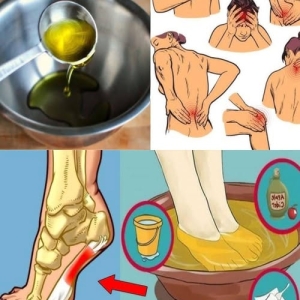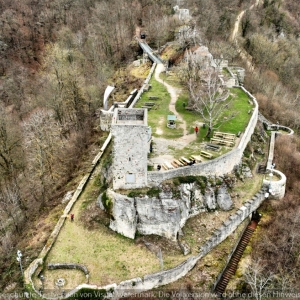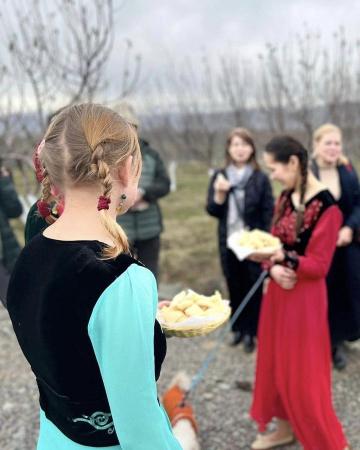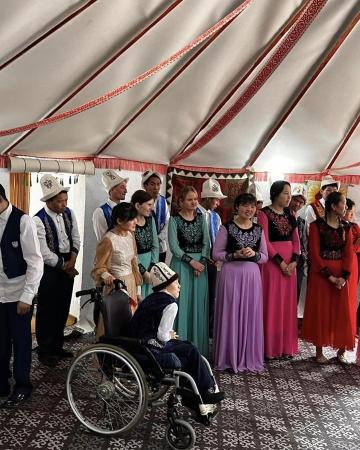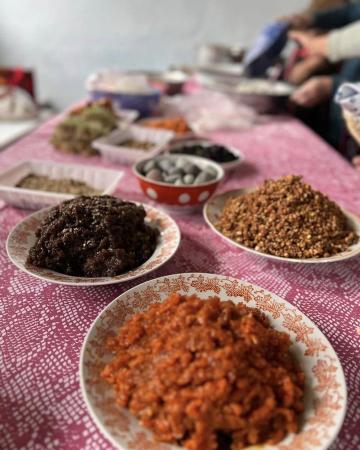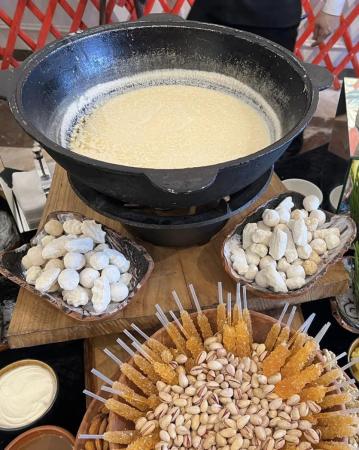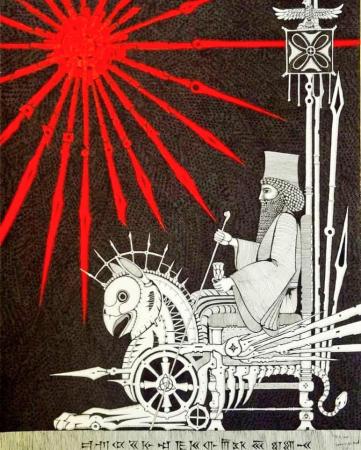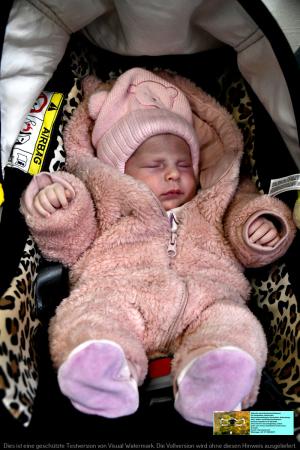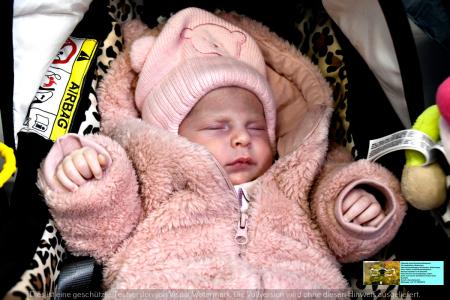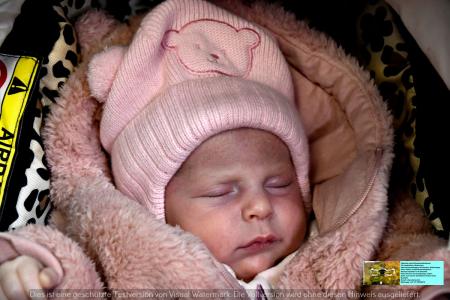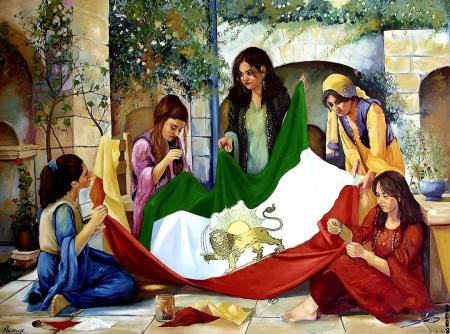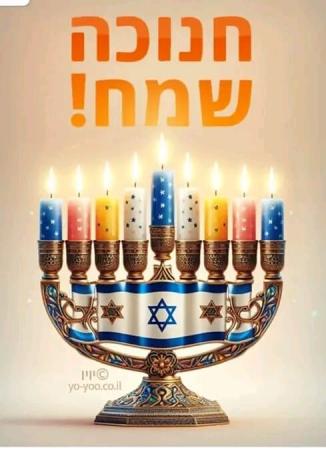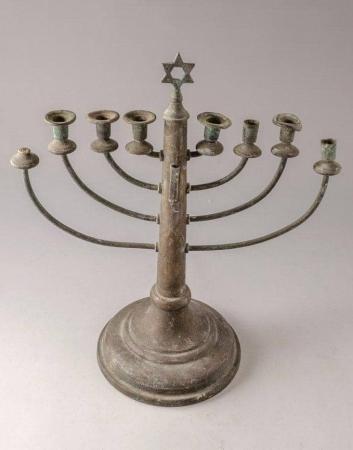Der Frühling ist da.  Und in vielen Ländern wird das Frühlingsfest Nouruz gefeiert - zum Beispiel in Kirgisistan, einem kleinen Hochgebirgsland in Zentralasien.
Und in vielen Ländern wird das Frühlingsfest Nouruz gefeiert - zum Beispiel in Kirgisistan, einem kleinen Hochgebirgsland in Zentralasien.
Unsere Kollegin Alina berichtet aus der Hauptstadt Bischkek, warum Nouruz für sie etwas ganz Besonderes ist:
„Das Nouruz-Fest steht für Erwachen der Natur nach dem Winter – und symbolisch für den Beginn neuen Lebens. Hier in Kirgisistan wird Nouruz am 21. März gefeiert, also anlässlich der Tagundnachtgleiche. Die Vorbereitungen für den Feiertag beginnen die Kirgisinnen und Kirgisen bereits am Abend zuvor: Sie wünschen sich gegenseitig Glück, Wohlstand und Gesundheit, begraben alte Streitigkeiten und gedenken der Verwandten und Angehörigen, die verstorben sind. Alle machen Frühjahrsputz und „reinigen“ ihre Häuser mit Wacholderrauch – auch, um böse Geister zu vertreiben.
In der Nacht vom 20. auf den 21. März wird eine festliche Tafel geschmückt – das Highlight bildet dabei „Sümölök“ (auf deutsch auch: Samanak), ein dickflüssiger Brei aus gekeimtem Getreide zu denen etwas Mehl und Pflanzenöl hinzugefügt wird. Der Brei schmeckt bitter-süßlich und ist reich an Vitaminen, Spurenelementen und Antioxidantien. Schon der Prozess der Zubereitung ist etwas Besonderes. Häufig stellen mehrere Familien gemeinsam den Sümölök her. Verwandte, Freunde und Nachbar kommen vorbei. Während das Gericht zubereitet wird, singen die Menschen im Hof die ganze Nacht über Volkslieder, tanzen, erzählen Legenden und übermitteln gute Wünsche.“
Die Kolleginnen und Kollegen der Botschaft feiern Nouruz heute übrigens im Sozialprojekt „Sozialdorf Manas“
 Das Neujahrs- und Frühlingsfest Nouruz wird traditionell zur Tagundnachtgleiche am 20. oder 21. März gefeiert. Neben Iran und den zentralasiatischen Ländern Kasachstan, Kirgisistan, Usbekistan, Tadschikistan und Turkmenistan wird Nouruz u.a. auch in Aserbaidschan, in der Türkei, Irak und Syrien, auch von Kurdinnen und Kurden, gefeiert. Insgesamt wird das Fest von mehr als 300 Millionen Menschen weltweit begangen.
Das Neujahrs- und Frühlingsfest Nouruz wird traditionell zur Tagundnachtgleiche am 20. oder 21. März gefeiert. Neben Iran und den zentralasiatischen Ländern Kasachstan, Kirgisistan, Usbekistan, Tadschikistan und Turkmenistan wird Nouruz u.a. auch in Aserbaidschan, in der Türkei, Irak und Syrien, auch von Kurdinnen und Kurden, gefeiert. Insgesamt wird das Fest von mehr als 300 Millionen Menschen weltweit begangen. Deutsche Botschaft Bischkek Посольство Германии в Бишкеке
Deutsche Botschaft Bischkek Посольство Германии в Бишкеке
ارتش شاهنشاهى ايران با پرچم شير و خورشيد در رژه جشن پيروزى جنگ جهانى دوم VE-Day لندن هشتم ماه مى ١٩٤٥.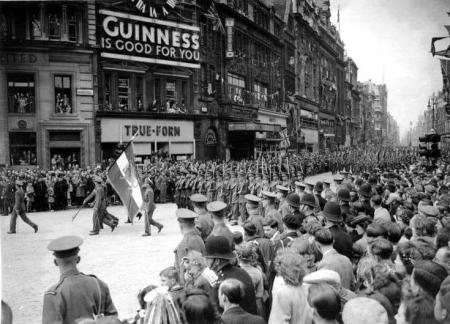
America and wanted nothing to do with Judaism. He changed his name to Aaron Green, moved to Alabama and married a woman there, who, miraculously, was Jewish.
The day his oldest son Jeffrey turned thirteen, they were not going to celebrate his bar mitzvah. Instead, Aaron decided to recognize the day by taking Jeffrey to the mall and buying him anything he wanted there.
When they went into a big electronics store and were browsing, Jeffrey's eye caught something in an antique shop across the way. He was mesmerized. He couldn't take his eyes off what he had seen.
He told his father, "I don't want anything from the electronics store. I want to go across to the antique shop." When they got there, the boy pointed to an old menorah and said, "That's what I want for my bar-mitzvah."
His father couldn't believe it. He was letting his child purchase anything he wanted in the whole mall and this is what he was choosing? He tried to talk him out of it, but couldn't.
Aaron asked the shop-owner the price of the menorah. To his surprise, the man replied "Sorry, that's not for sale."
Aaron said, "What do you mean? This is a store." He offered a lot of money for it.
Again the owner refused, this time explaining, "I found out the history of this menorah. A man constructed it during the war and it took him months to gather the wood. It survived, but he did not. It's going to be a collector's item. It's not for sale."
Meanwhile, Jeffrey kept telling his father, "That's what I want. All I want is the menorah." So Aaron Green kept offering more money until the owner finally agreed to sell.
The boy was so excited. He took the menorah up to his room and played with it every day. One day the parents heard a crash from Jeffrey's room. They ran upstairs and saw the menorah shattered to pieces. The father yelled at his son for being so careless, as he paid so much money for it.
Afterwards, Aaron felt bad about his reaction. He suggested to his son, "Let's try to glue it back together."
While holding one of the pieces, the father noticed a piece of paper wedged inside. He pulled it out and started reading. Tears welled up in his eyes and soon after he fainted.
His family threw water on him and revived him. "What happened?", they asked.
He replied, "Let me read you this letter. It was written in Yiddish, so I'll translate.
"To whoever finds this menorah, I want you to know that I constructed it not knowing if I would ever have the opportunity to light it. Who knows if I will live till Chanukah to see it being kindled? In all probability, going through this war, I will not. But if Providence brings this menorah to your hands, you who are reading this letter, promise me you will light it for me and for us, my family, and those who gave their lives to serve G-d Al-mighty."
Aaron Green then looked up at his family and, in a choked-up voice with tears still in his eyes, said, "The letter is signed by my father."
They were all speechless. That family recognized the Divine Providence involved, how could they not! The hand of G-d was undeniable, taking a menorah from Europe and bringing it back to the family in a remote mall in Alabama, inspiring their spiritual journey.
~~~~~~~~~~~~~~~~~~~~~~~~
Source: Adapted by Yerachmiel Tilles of Ascent Tzfat from a submission by Chayim Berkowitz of Tsfat (formerly of Miami), who received it from Yosef Hurwitz (still in Miami).


